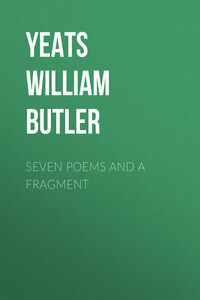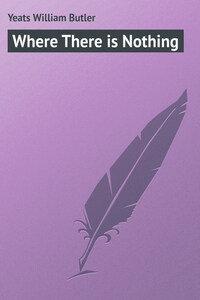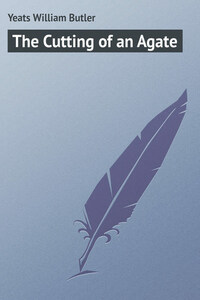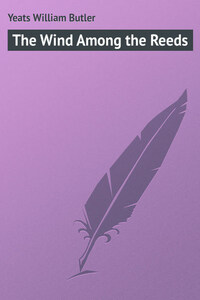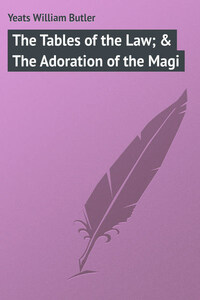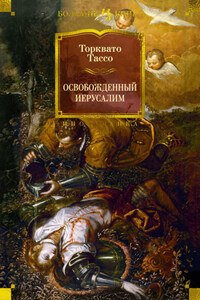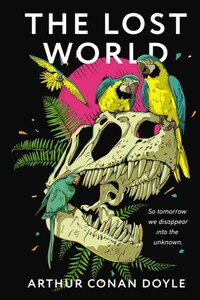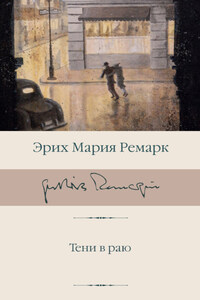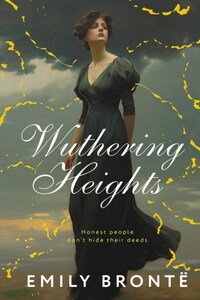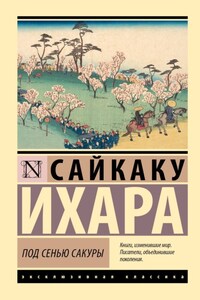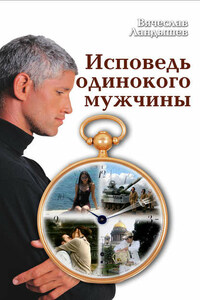The Wild Swans at Coole
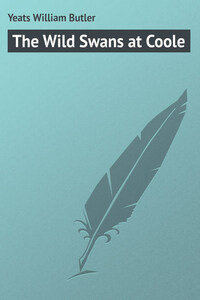
Книга "The Wild Swans at Coole", автором которой является William Yeats, представляет собой захватывающую работу в жанре Зарубежная классика. В этом произведении автор рассказывает увлекательную историю, которая не оставит равнодушными читателей.
Автор мастерски воссоздает атмосферу напряженности и интриги, погружая читателя в мир загадок и тайн, который скрывается за хрупкой поверхностью обыденности. С прекрасным чувством языка и виртуозностью сюжетного развития, William Yeats позволяет читателю погрузиться в сложные эмоциональные переживания героев и проникнуться их судьбами. Yeats настолько живо и точно передает неповторимые нюансы человеческой психологии, что каждая страница книги становится путешествием в глубины человеческой души.
"The Wild Swans at Coole" - это не только захватывающая история, но и искусство, проникнутое глубокими мыслями и философскими размышлениями. Это произведение призвано вызвать у читателя эмоциональные отклики, задуматься о важных жизненных вопросах и открыть новые горизонты восприятия мира.
